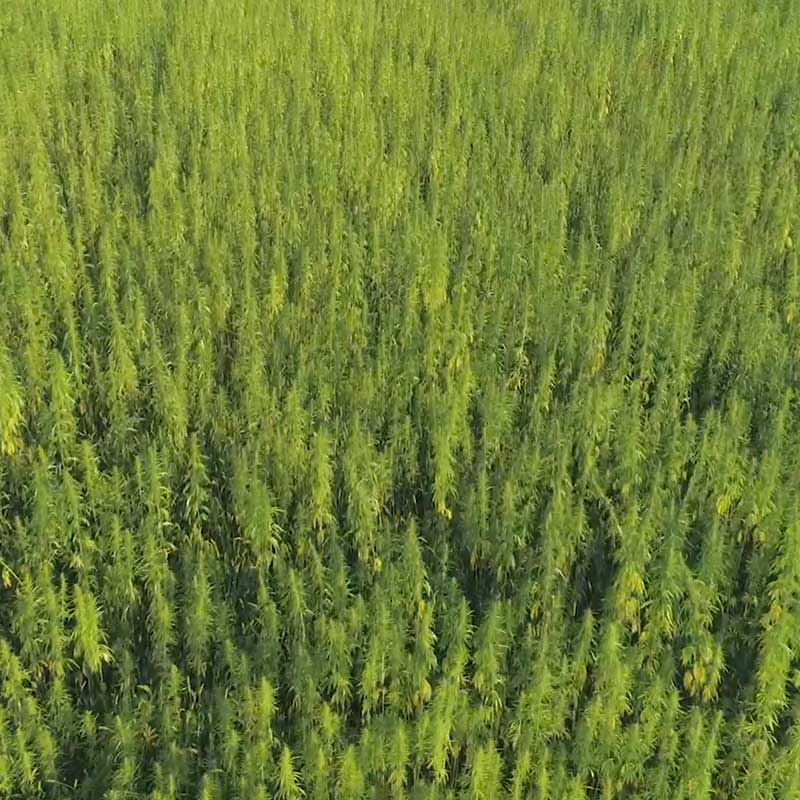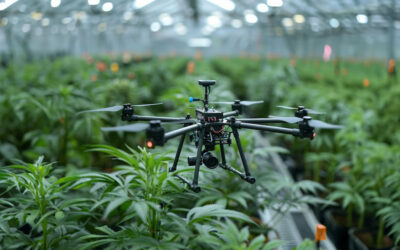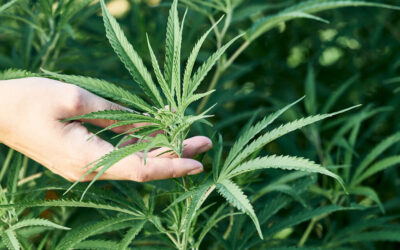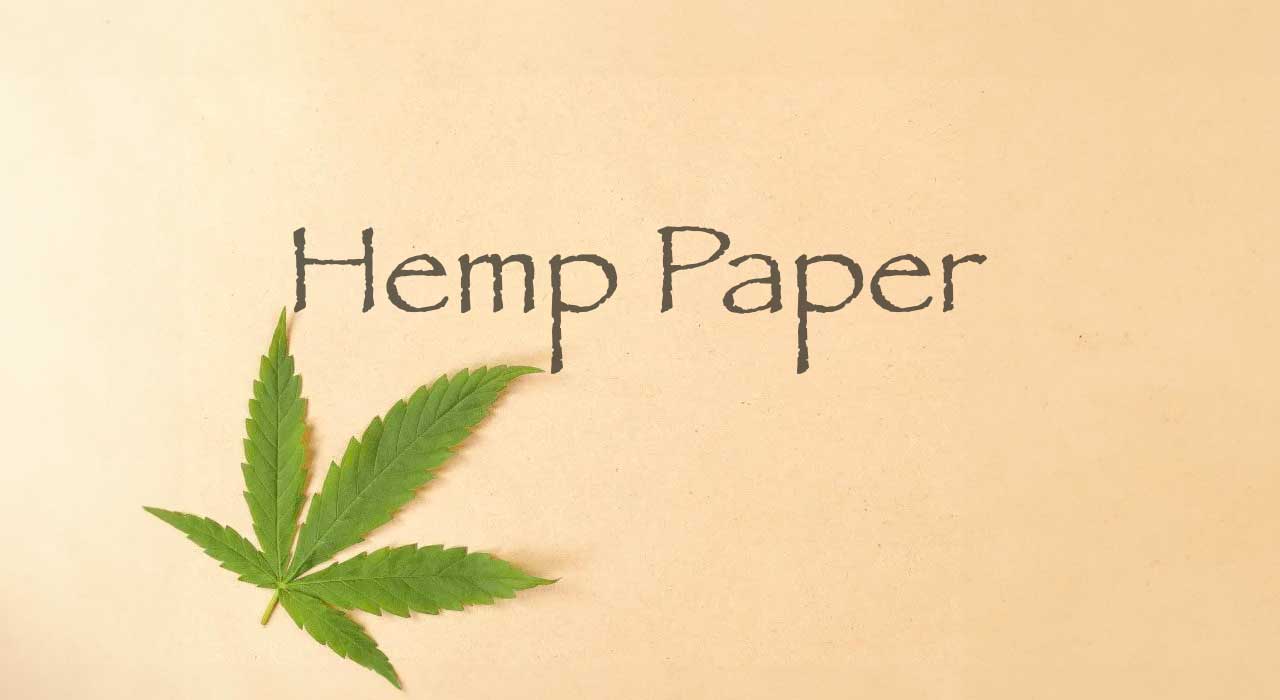
Hemp Paper
A Resilient Past and a Sustainable Future
In a world where sustainability and innovation intertwine, hemp paper stands as a symbol of both ancient wisdom and modern environmental consciousness. This versatile material, with its rich history, intricate production process, and myriad benefits, has woven itself into the fabric of human civilisation. Join us on a journey through time and technology to explore the fascinating world of hemp paper from its ancient origins to its promising role in the contemporary era.
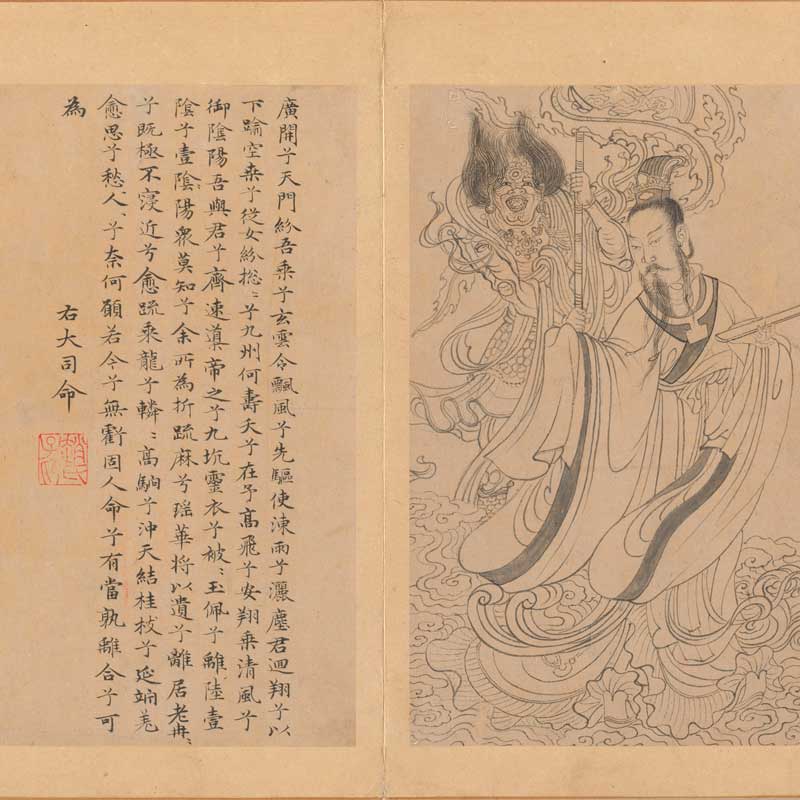
The Birth of Hemp Paper
Hemp paper’s journey can be traced back to ancient China, where enterprising inventors harnessed the inner fibres of the hemp plant’s stalks to create one of the earliest forms of paper around the 2nd century BC. This ingenious method, a marriage of human creativity and nature’s offerings, paved the way for a revolutionary means of recording and disseminating knowledge. It was a watershed moment that transformed the course of human communication, enabling ideas to be inked onto a medium that would traverse time and geography, ultimately shaping the evolution of civilizations.

Crafting Hemp Paper
Crafting hemp paper is a meticulous art that honours the unique qualities of the hemp plant. The process begins with harvesting mature hemp plants, followed by retting to break down the pectin holding the fibres together.
Once retting is complete, the fibres are separated from the outer bark through mechanical processes. These extracted fibres are then transformed into pulp, which is spread onto a screen, pressed, and eventually dried to form sturdy and distinctive hemp paper.
Top 10 Fascinating Facts
Ancient Heritage: Hemp paper originated in ancient China and became a vital medium for cultural exchange and the spread of knowledge.
Sustainable Savior: Hemp paper cultivation requires minimal water, pesticides, and land compared to traditional paper sources, making it an eco-friendly alternative.
Sturdy and Resilient: Due to its robust fibres, hemp paper is incredibly durable and resistant to deterioration, making it an excellent choice for archival purposes.
Versatility Personified: Hemp paper serves various purposes, from writing and printing to packaging and artwork, showcasing its remarkable adaptability.
Longevity Unleashed: Its resistance to yellowing and degradation over time ensures that hemp paper maintains its original quality and appearance for generations.
Cultural Catalyst: Hemp paper played a pivotal role in the exchange of ideas and cultures across ancient civilizations, connecting diverse communities through trade routes.
Medieval Renaissance: In the medieval era, hemp paper thrived as a practical and cost-effective medium for manuscripts and printing, shaping the course of human history.
Modern Comeback: The 21st century marks a revival of interest in hemp paper due to its sustainable attributes, repositioning it as an environmentally conscious choice.
Eco-Advantage: Hemp’s natural resistance to pests reduces the need for chemical interventions during cultivation, contributing to cleaner ecosystems.
Deforestation Deterrent: Hemp paper production curbs deforestation by offering a renewable source that doesn’t require tree felling, aiding in habitat conservation.
Promise in the Modern World
As our world embraces sustainable practices and responsible resource management, hemp paper emerges as a beacon of promise. With industries increasingly seeking eco-friendly alternatives, hemp paper’s minimal ecological footprint and versatile applications position it at the forefront of change. From publishing to packaging, this time-honoured material is finding its way back into our lives, reminding us that ancient wisdom can flourish in harmony with modern advancements.
The story of hemp paper is a testament to human ingenuity and our capacity to create from nature’s bounty. From its early roots in ancient China to its revival in the modern era, hemp paper embodies a timeless connection between tradition and innovation. As we navigate the challenges of the future, let us draw inspiration from the past, recognizing hemp paper’s potential to foster sustainable practices and leave a lasting legacy of ecological stewardship for generations to come.
